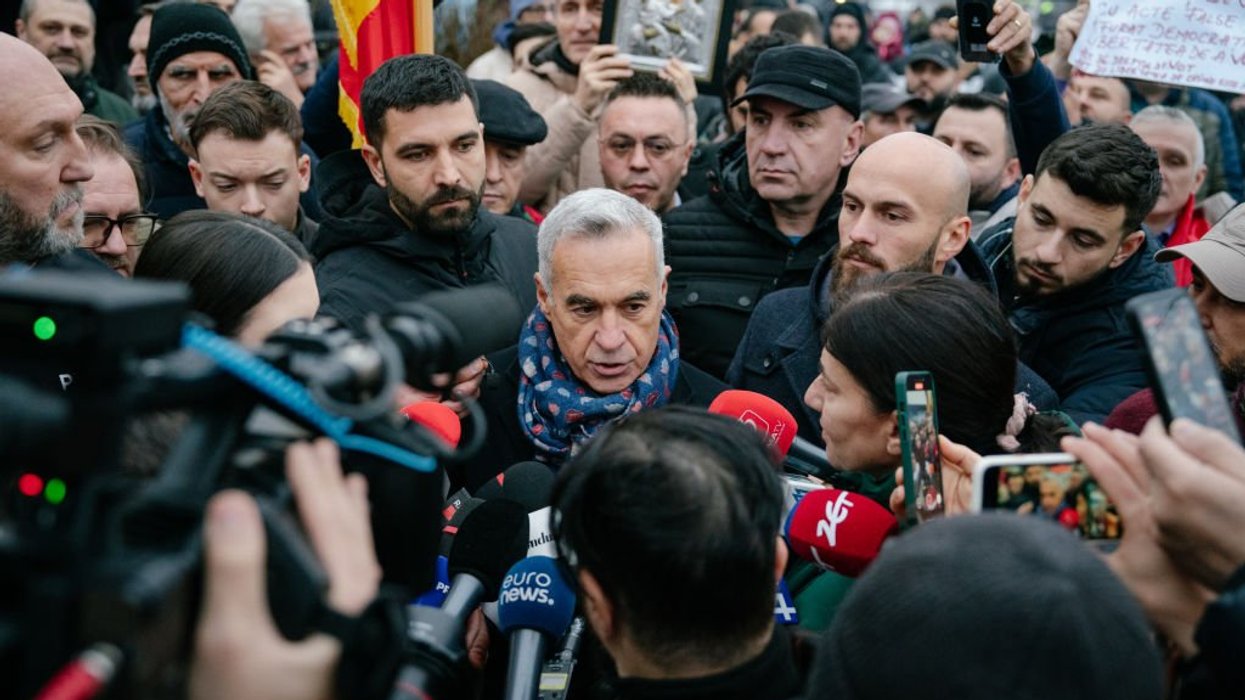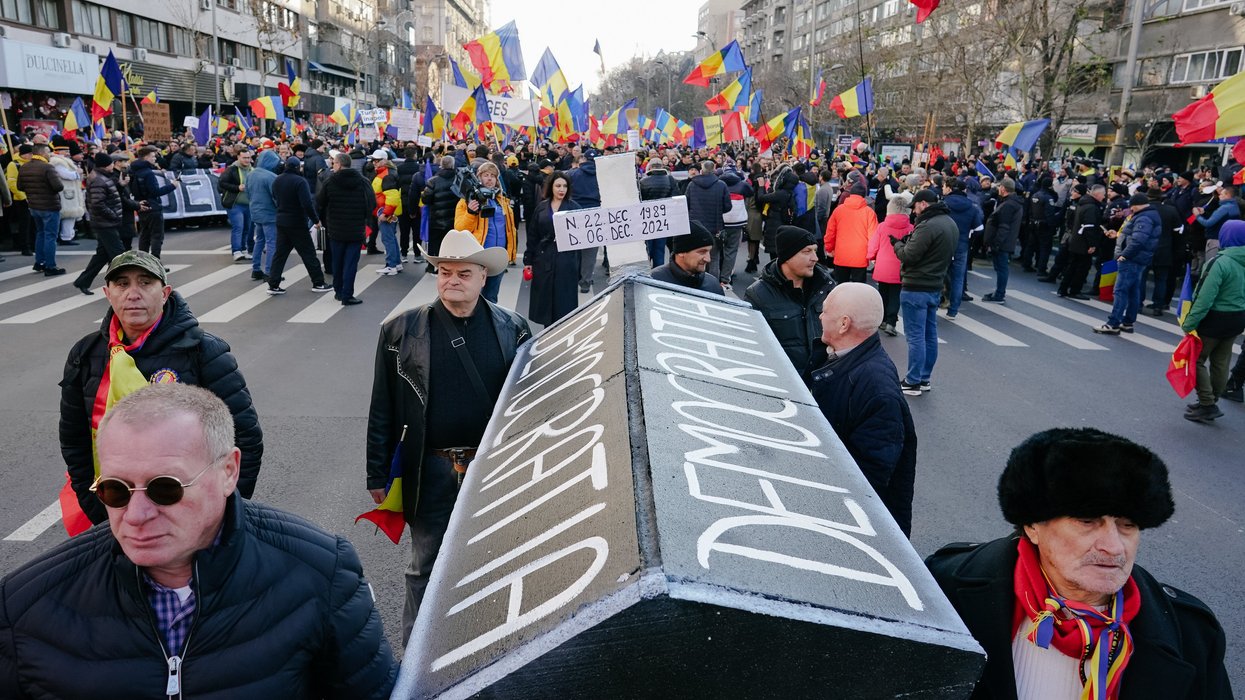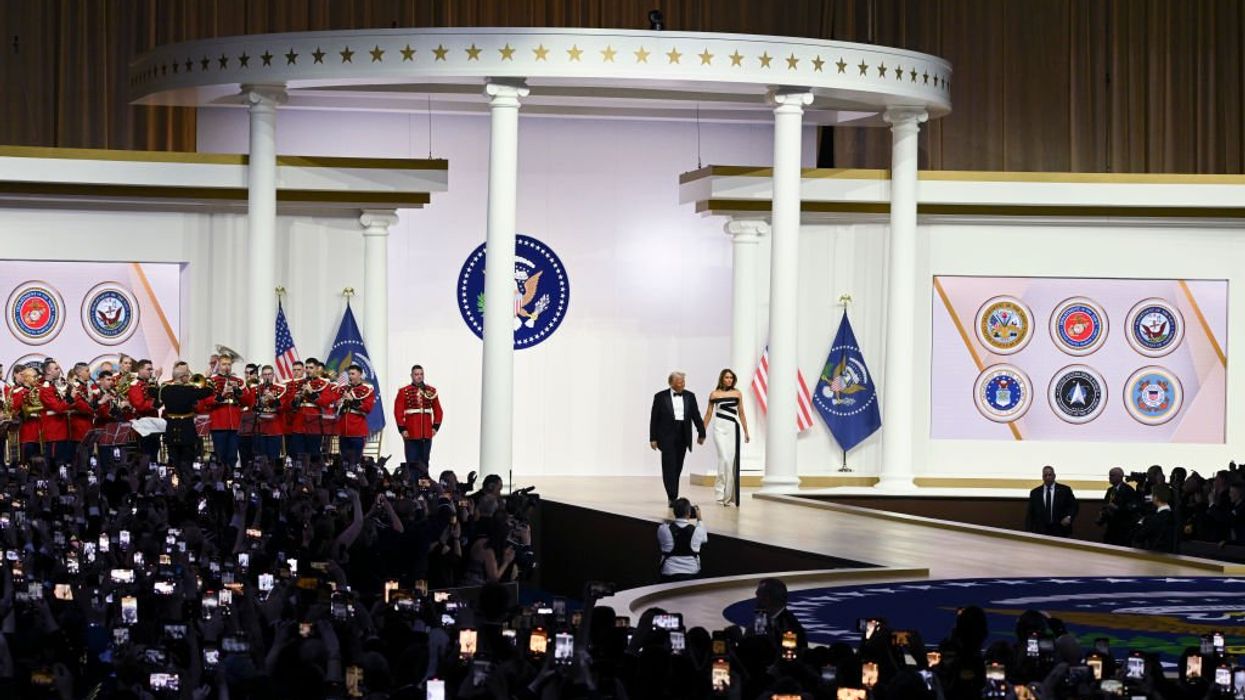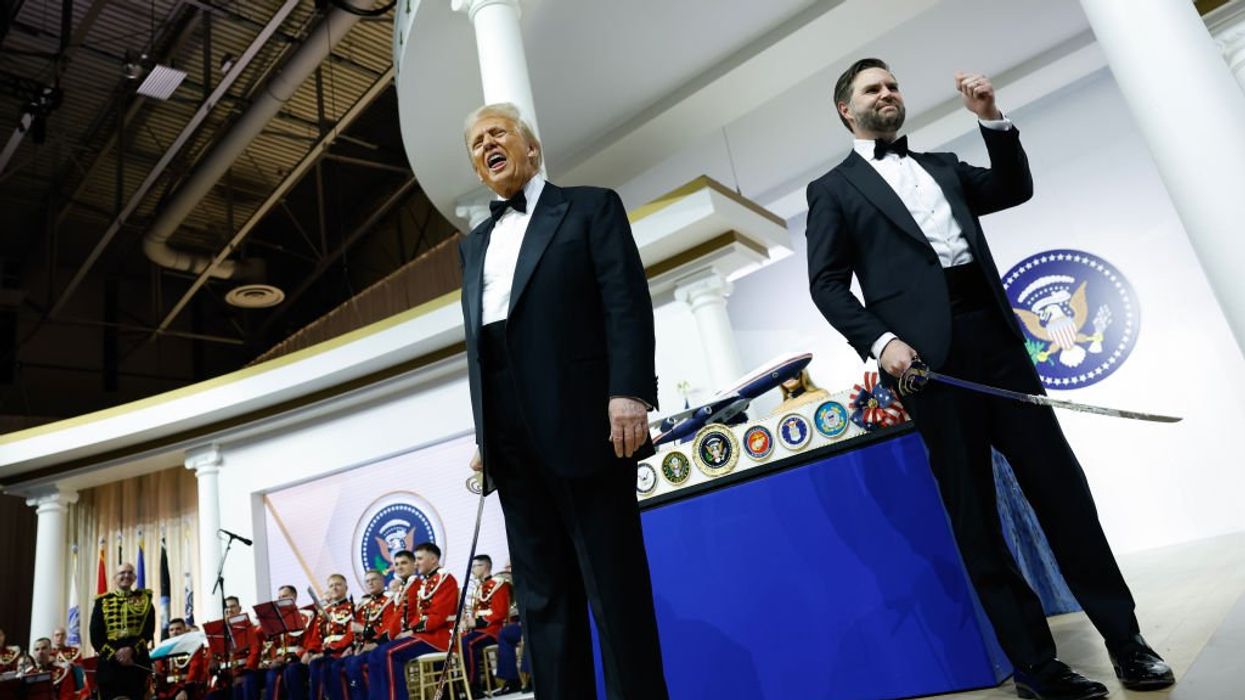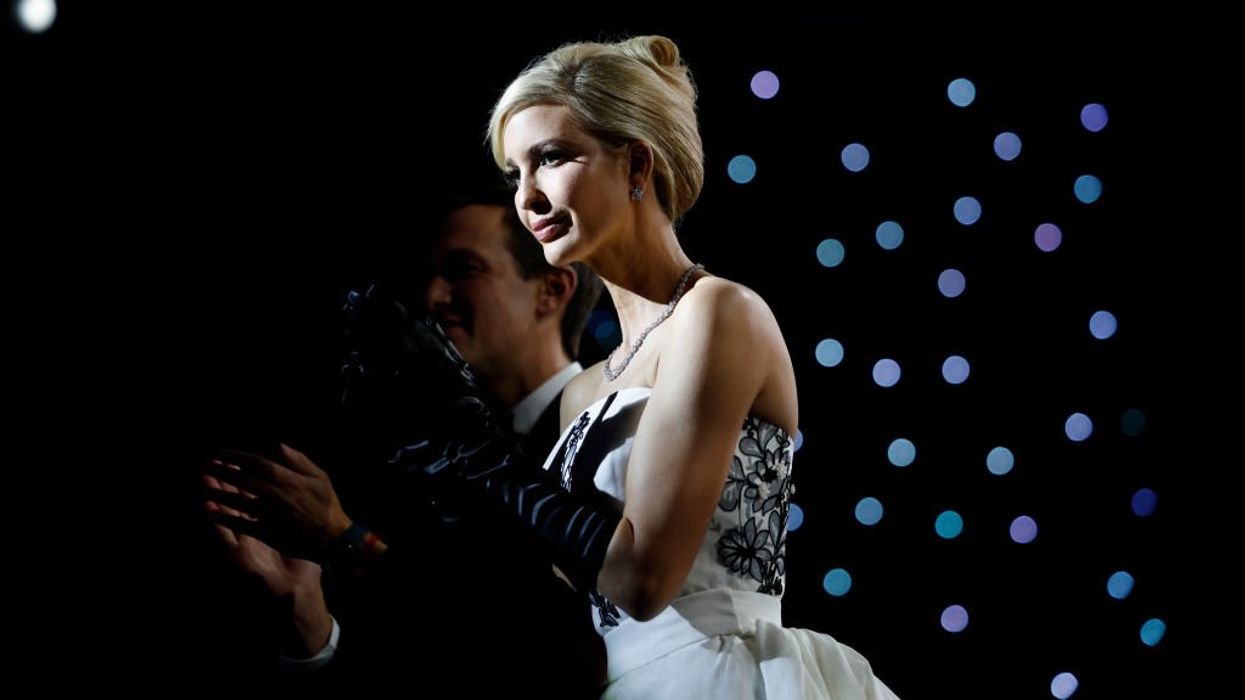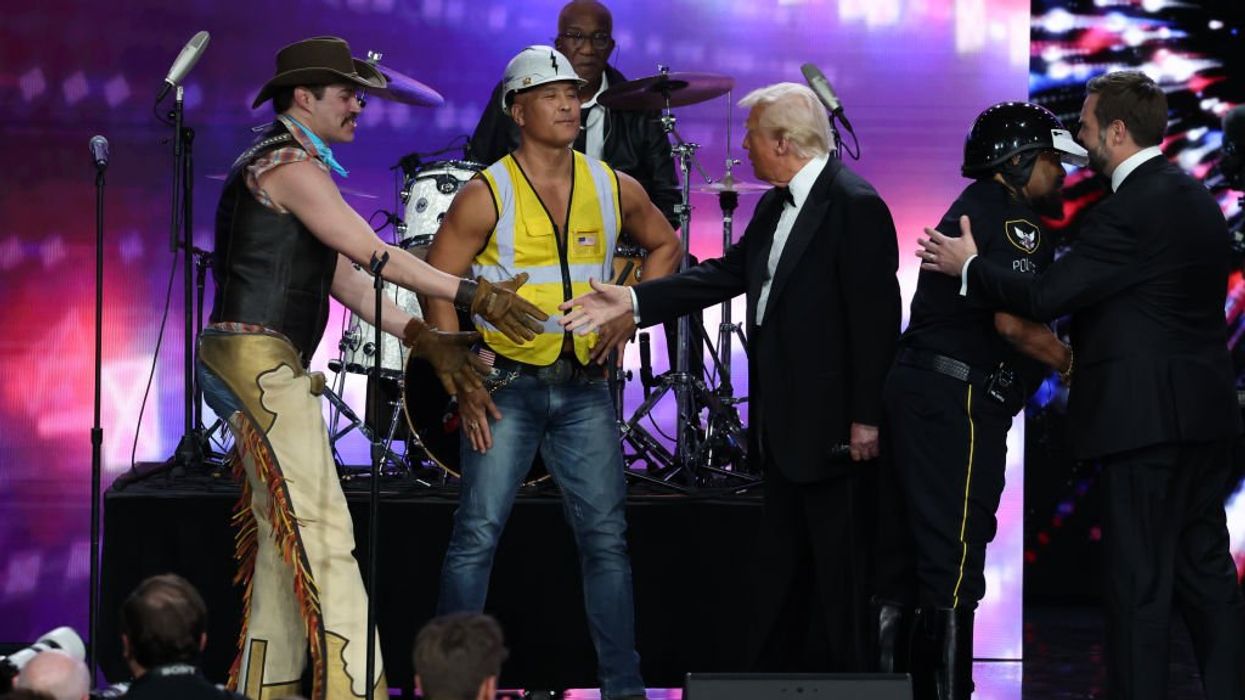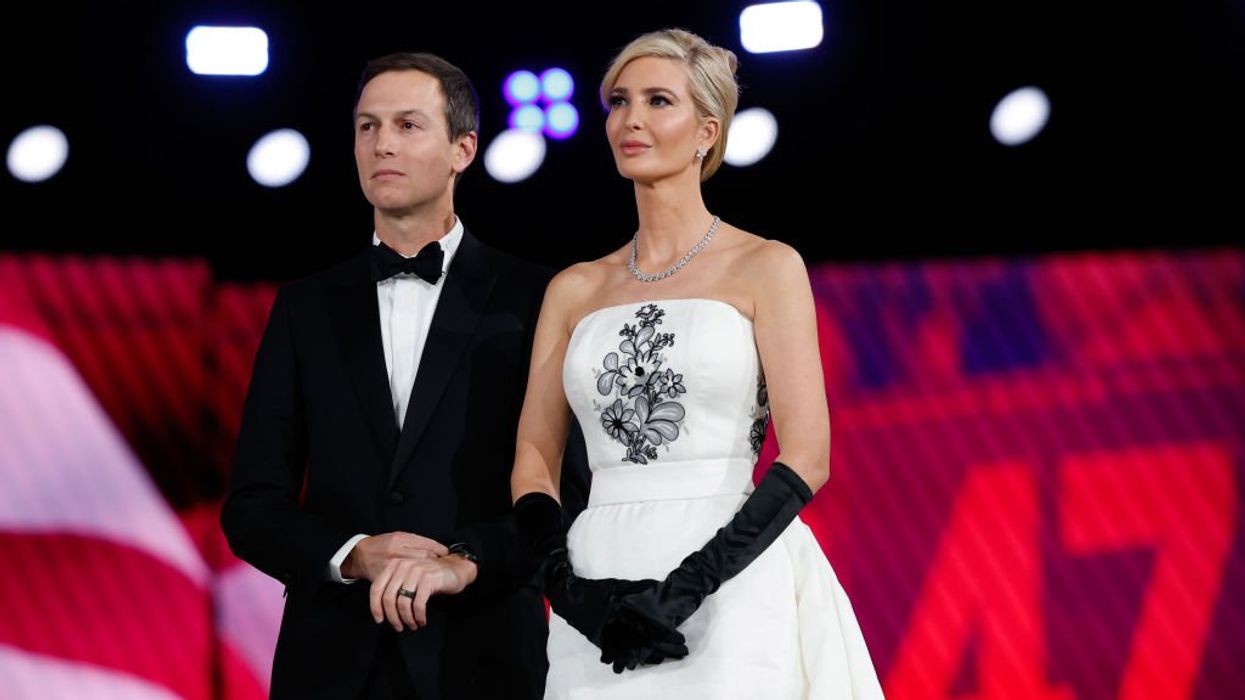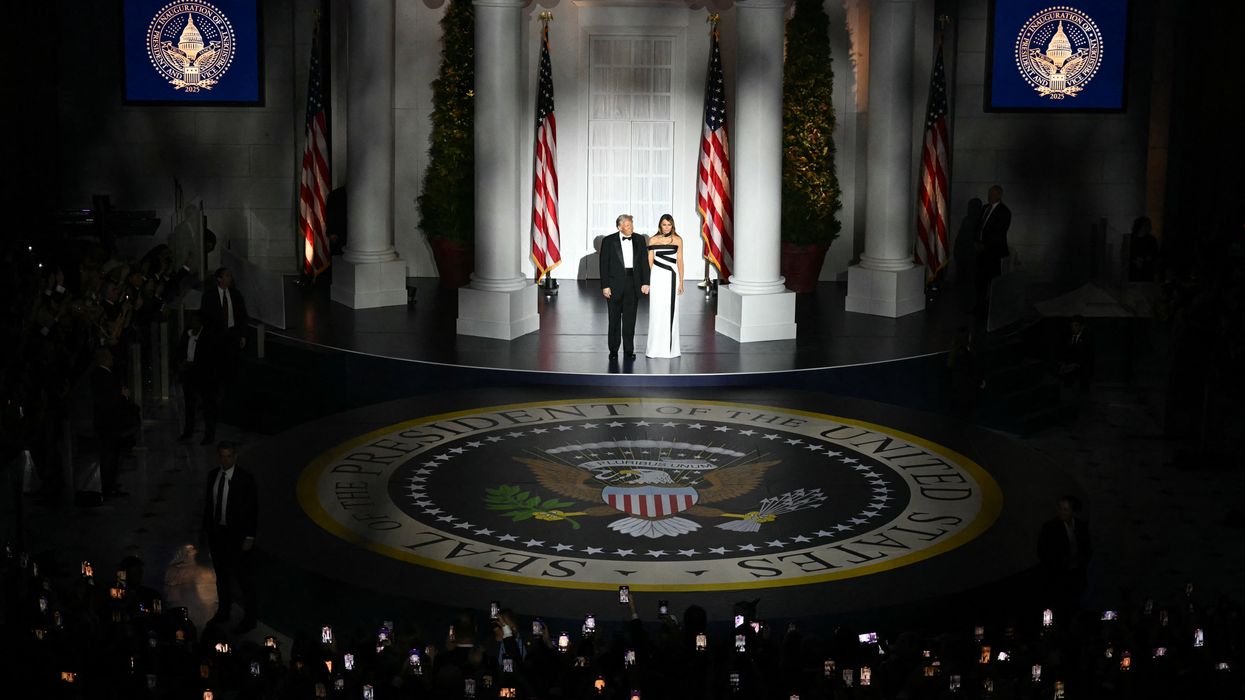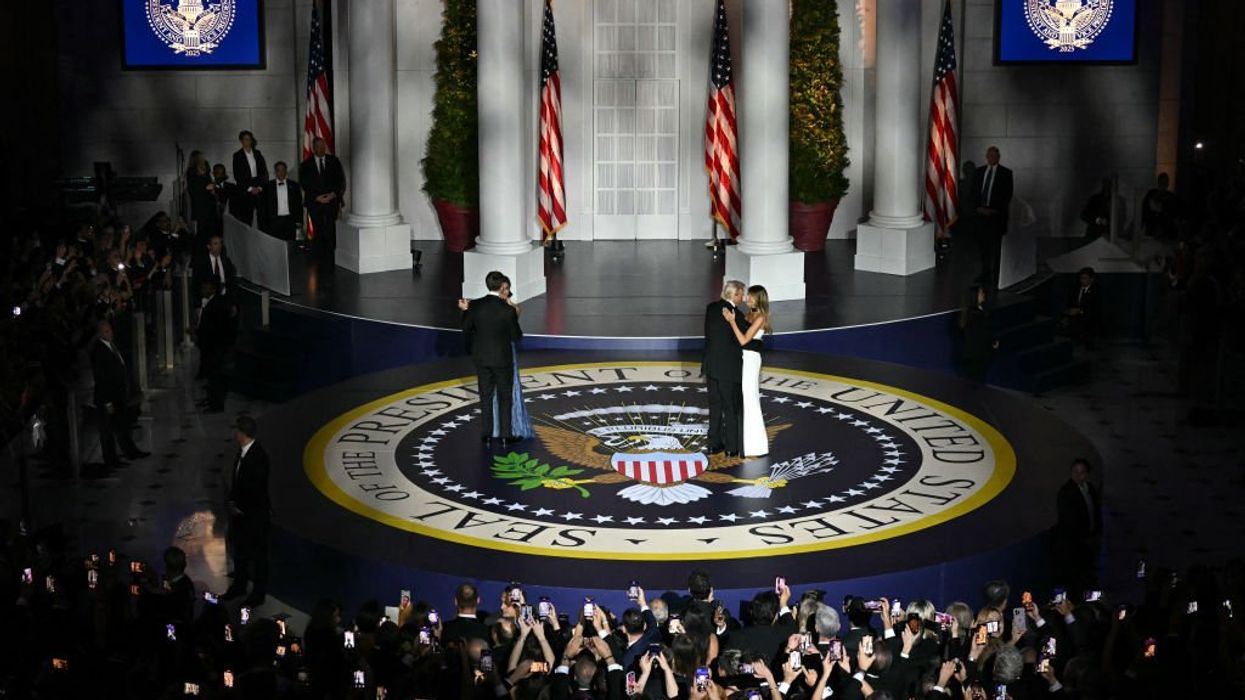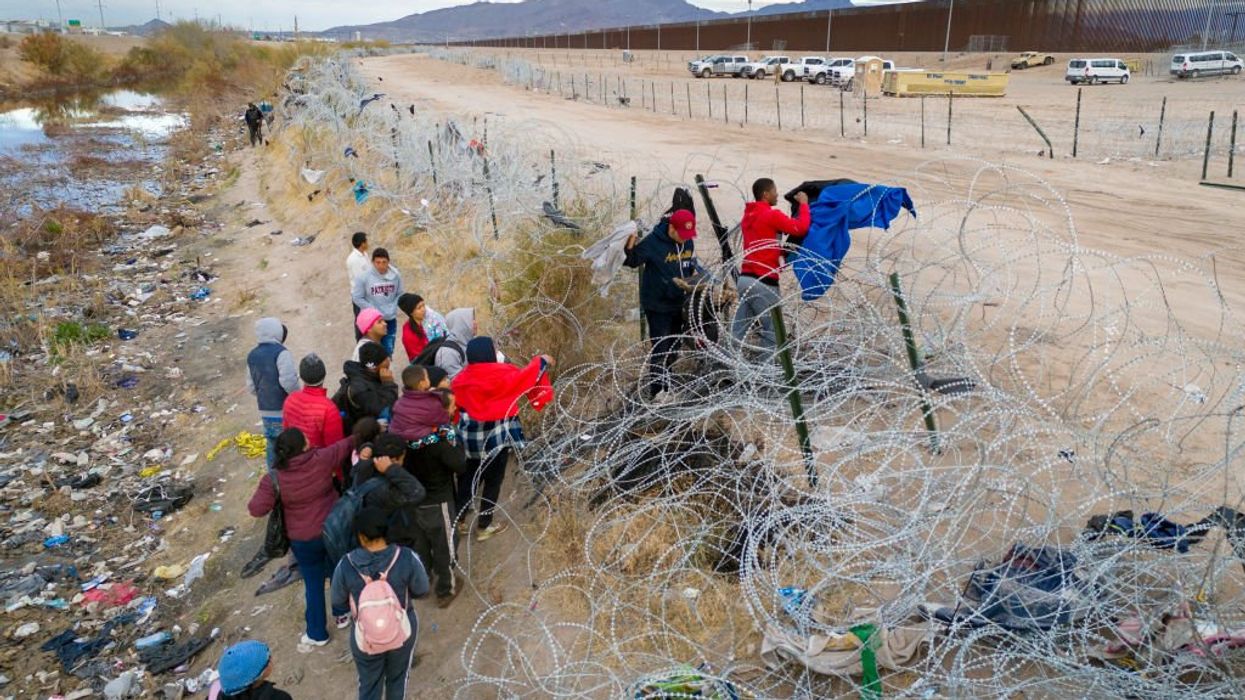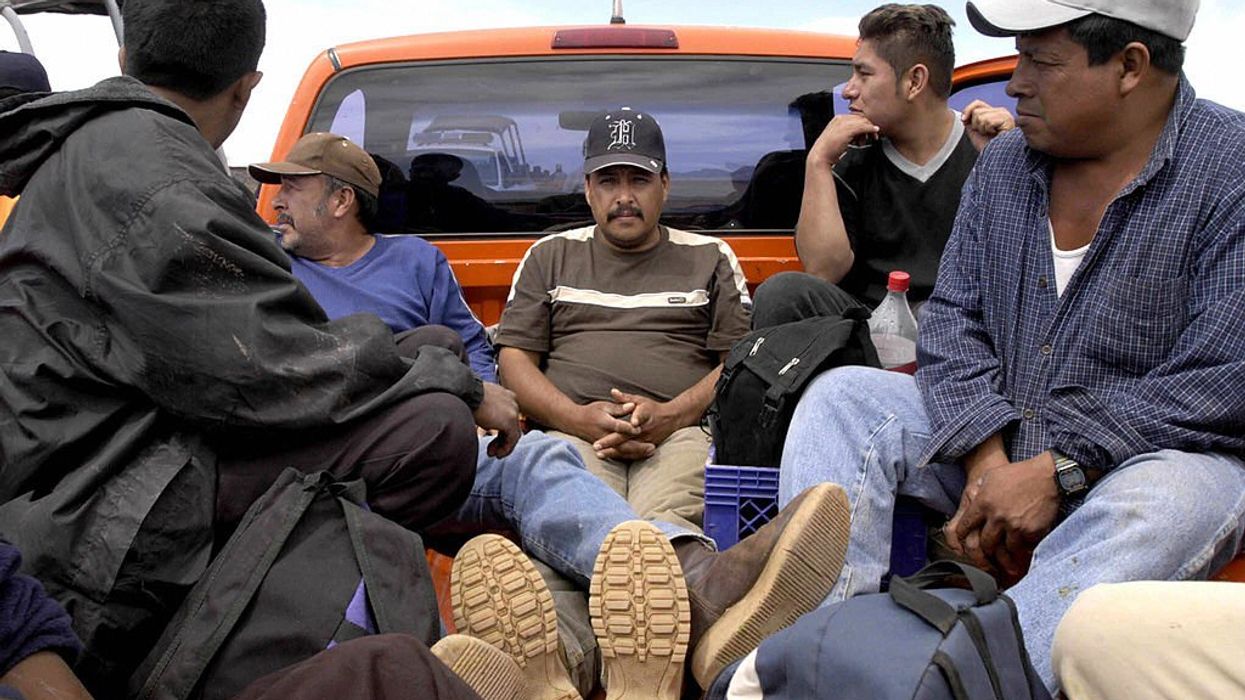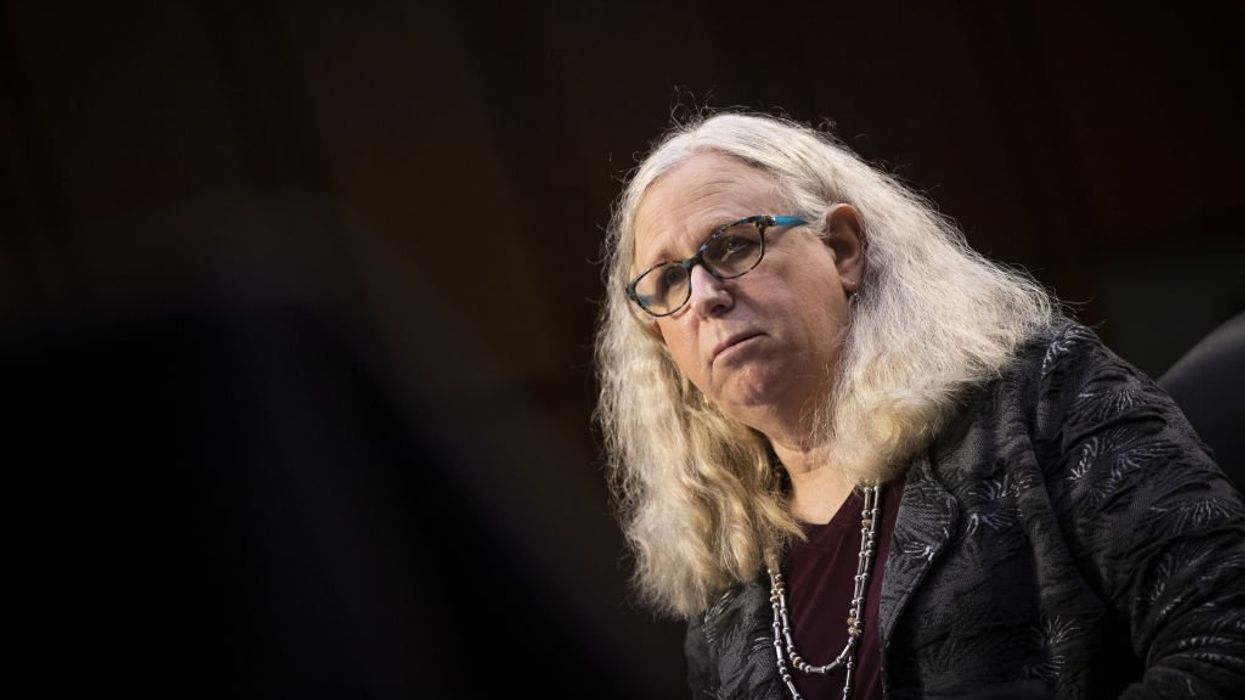Glenn's warnings about the World Economic Forum's globalist agenda continue to be validated with each Davos meeting that passes, and 2024 was no exception. While Davos 2023 introduced startling topics like digital IDs, complete "climate transformations," and more, Davos 2024 hinged on the theme of combatting "mis and disinformation," even if it means sacrificing individual rights and national sovereignty to do so. Here is a recap of the top 6 speakers who set the tone for Davos 2024.
Klaus Schwab, Chairman and Founder of the World Economic Forum

Getty Images / Staff | Getty Images
While attempting to appease fears that the World Economic Forum is not a "decision-making body," WEF founder Klaus Schwab admitted that participants are "trustees" of the world's future and make actionable commitments based on the topics discussed at Davos:
We must rediscover and embrace the narrative that has driven humanity since its inception: acting as trustees for a better future.
[...]
The Annual Meeting of the World Economic Forum is not a collective decision-making body, but its impact stems from the new insights gained through dialogue and interaction, and more importantly, from the commitments made by each participant to contribute more significantly in their respective areas of responsibility to solving our most pressing global issues.
Bill Gates, Founder and Former CEO of Microsoft and the Bill and Melinda Gates Foundation

Anadolu / Contributor | Getty Images
Bill Gates made his annual debut at the World Economic Forum, and he never fails to leave a trail of questionable statements, leaving one feeling on the precipice of a bad remake of an Orwellian novel. Since 2020, Gates has been one of the most outspoken proponents of pandemic-era restrictions and COVID-19 vaccine mandates — how convenient that he heads the largest vaccine manufacturer in the world.
Now that the pandemic is over, Gates is positioning himself as a leader for "global equity," and it's as cringy as it sounds. Last week at Davos, Gates posited that the developed world should be compelled to pay a portion of its GDP to the developing world. This is the same jargon the Left always espouses — "The 1% has to pay their fair share" — except on a global scale.
"Those who have the most — whether it's countries, companies, or individuals — should be pushed to be more generous."
A common theme at Davos 2024 is the belief that the developed "global North's" contribution to the global climate crises, has caused mass displacement and migration in the "global South." Surely political and economic corruption in the region have nothing to do with it...
To pay for these "climate crimes," Bill Gates says the developed "global North" is obligated to pay retributions to the global "developing South."
Emmanuel Macron, President of France
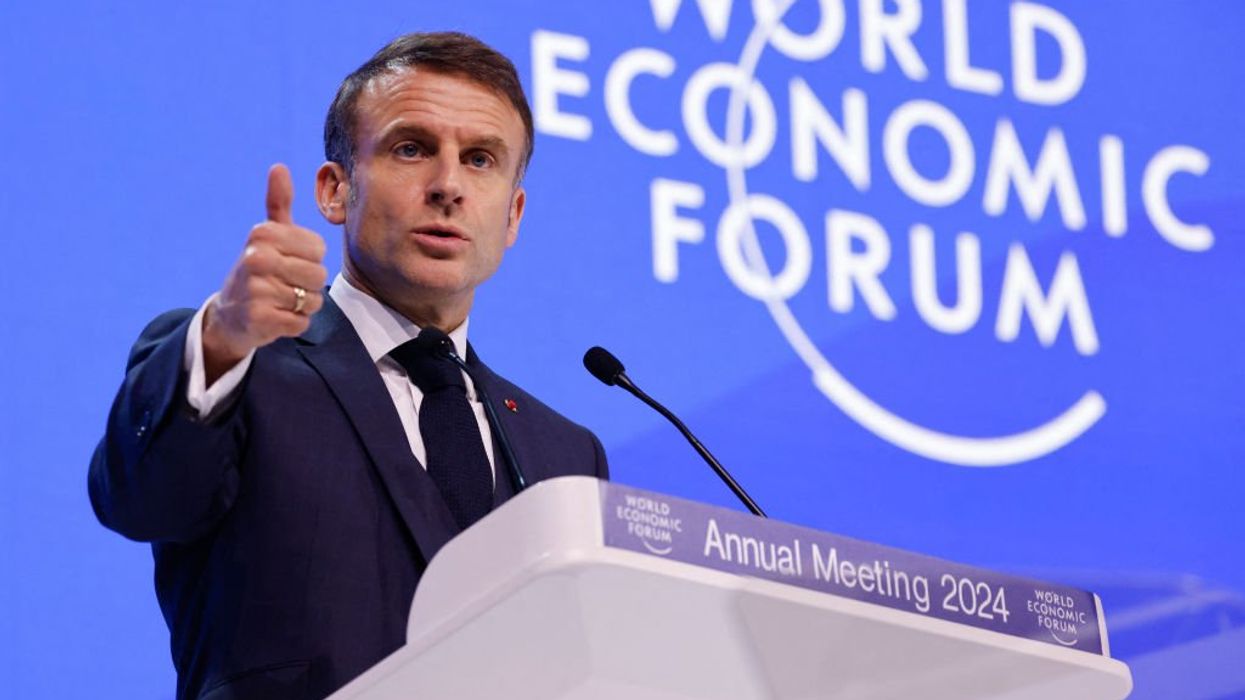
LUDOVIC MARIN / Contributor | Getty Images
President Macron echoed Bill Gates with similar globalist language. Macron made the bold claim that he, along with globalist leaders in the EU, have the authority to "circulate" the resources of the 27 member states towards projects and initiatives of their own determination:
Our continent has a lot of savings, but these savings are not circulating towards the right places, towards the right sectors. We can move forward, all 27 of us, we should.
Macron gives no credence to the national sovereignty of each of the 27 nations that comprise the EU. Rather, the EU globalist elites know how to distribute funds and resources better than the people in the nations themselves.
Ursula von der Leyen, President of the European Commission
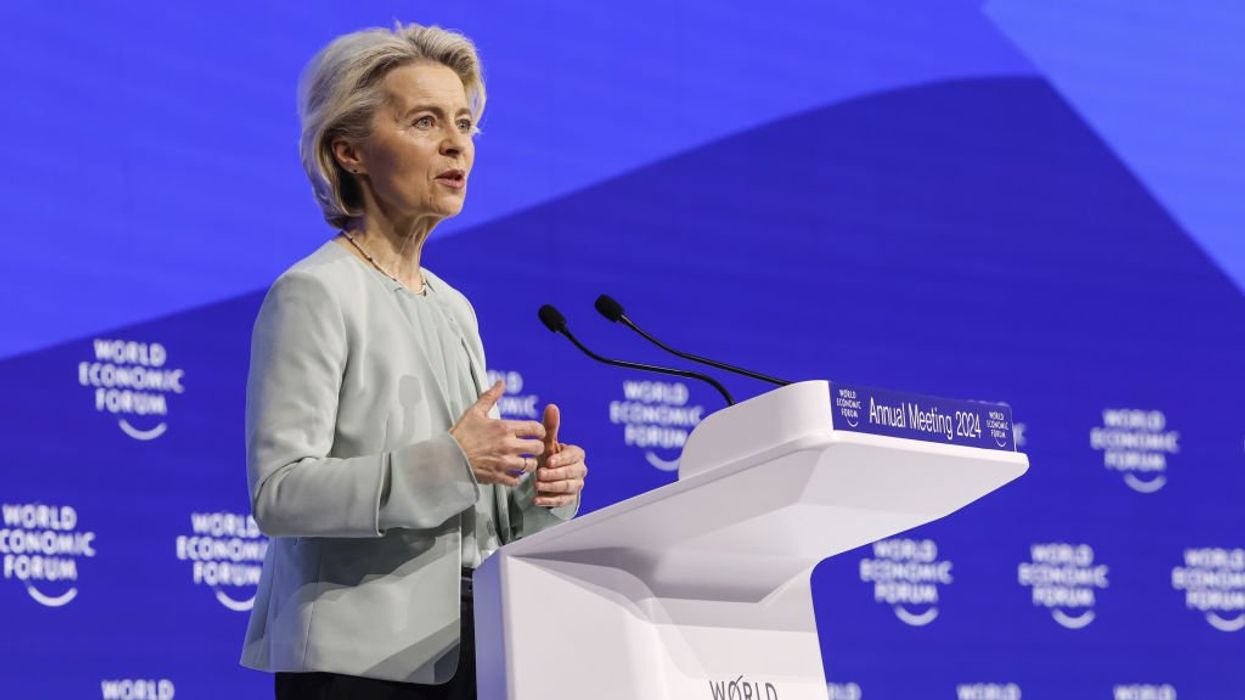
Bloomberg / Contributor | Getty Images
Ranking at the top of the EU globalist elites is Germany's Ursula von der Leyen, the President of the European Commission. During her Davos 2024 address, Von der Leyen pivoted from her typical climate alarmism talking points towards an even more pressing threat: "mis and disinformation."
For the global business community, the top concern for the next two years is not conflict or climate, it is disinformation and misinformation, followed closely by polarization within our societies.
[...]
Of course, like in all democracies, our freedom comes with risks. There will always be those who try to exploit our openness, both from inside and out. There will always be attempts to put us off track. For example, with disinformation and misinformation.
Disinformation and misinformation tackling this has been our focus since the very beginning of my mandate. With our Digital Services Act, we defined the responsibility of large internet platforms on the content they promote and propagate.
Apparently, the climate isn't the greatest existential threat facing civilization anymore. You are now the greatest existential threat if you dare speak your mind that's contrary to the globalists' narrative and "approved speech."
John Kerry, U.S. Special Presidential Envoy for Climate

Bloomberg / Contributor | Getty Images
John Kerry has become America's poster child for the World Economic Forum. His political wizardry has somehow landed him the title of "Climate Czar" while traveling on a private jet to lecture you and me about the climate.
During Davos 2023, Kerry set a high bar for cringe-worthy statements after calling himself and the other Davos attendees "extraterrestrial" for their endeavors to save the planet. However, at Davos 2024, Kerry crosses the line from cringy to tyrannical.
Kerry completely disregards the electoral system that holds the United States together by claiming that the 2024 election outcome won't reverse the U.S.'s climate goals:
The US won't reverse clean energy transition regardless of election outcome.
Climate policy is determined by an elected official whose power is derived from the consent of the governed. The climate, according to Kerry, is too important to be held up by trivial processes like U.S. Presidential elections.
Javier Milei, President of Argentina

FABRICE COFFRINI / Contributor | Getty Images
Argentina's new President Milei was a beacon of liberty and freedom amid the Davos sea of collectivist, global elites. He did not mince words in his pointed defense of liberty. Milei argued that the collectivism promoted by the World Economic Forum is the single greatest threat to the West and the prosperity we have enjoyed through it. The end of collectivism, Milei argues, is poverty, slavery, and tyranny.
Here are the opening words of his powerful speech:
Today I'm here to tell you that the Western world is in danger. And it is in danger because those who are supposed to have to defend the values of the West are co-opted by a vision of the world that inexorably leads to socialism and thereby to poverty.
Unfortunately, in recent decades, the main leaders of the Western world have abandoned the model of freedom for different versions of what we call collectivism. Some have been motivated by well-meaning individuals who are willing to help others, and others have been motivated by the wish to belong to a privileged caste.
We're here to tell you that collectivist experiments are never the solution to the problems that afflict the citizens of the world. Rather, they are the root cause. Do believe me: no one is in better place than us, Argentines, to testify to these two points.


